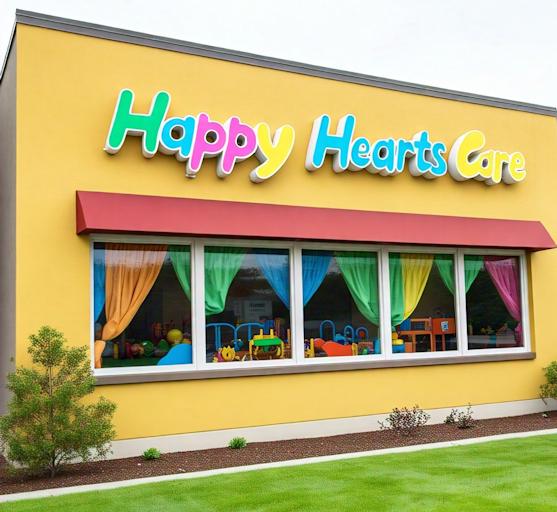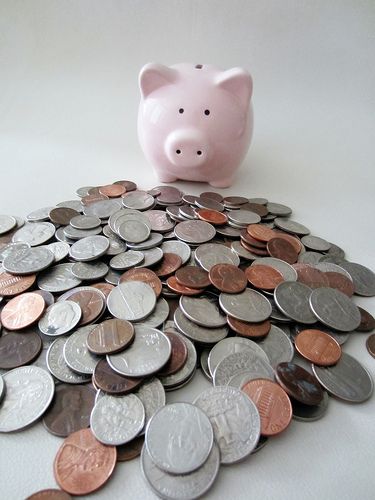Christians are often accused of being insensitive to the green movement because we doubt the “global warming” data and see “green” as just another government ploy to gain control and power.
But as Christians, whether we believe the data or not, we are still called to be good stewards of what God has given us. And one of the greatest gifts we have been entrusted with is the earth. Although we consider God our father rather than Earth being our mother, whether you call it sustainability or stewardship many of the principles are still the same. ~Tim McMahon, editor.
Our planet’s future is dependent on not only what we do but also on what we teach our children. Hence, it is essential to take the time to instill good values in our kids. Here is some guidance on teaching your children about sustainability:
Introduce Them to Creative Activities

All children enjoy expressing themselves with creative tasks. This is an excellent way of instilling an environmentally friendly ethos into them. One fun task would be to get them to invent interesting, new uses to reuse or recycle household products they no longer need. For example, a pair of old jeans could be cut into squares and filled with dried beans and sewn into beanbags or empty plastic bottles can be made into garden planters. This fosters creativity in your kids and encourages them to reuse products in the future.
Challenge Societal Attitudes
Nowadays, society is only concerned with getting a quick fix. Once something becomes old, it is chucked away. Once you become bored with a product, you dash out and purchase a new one. This type of attitude results in a society that is very wasteful. Did you know that the average person in the U.S. produces three to four pounds of trash per day. Worse that that, as far as a landfill is concerned, it’s not the weight so much as the volume of trash that matters. Styrofoam, empty bottles, crumpled paper, etc. take up a lot of space for their weight. If there are 300 million people, in the U.S. and each one produces 3.5 pounds of trash per day, that would be 18,433,779,281 cubic feet of trash a year. If you took all the trash from the entire country and piled it 400 feet deep (as tall as a 40-story building), it would cover more than 1,000 acres of land… every year!
Educate your kids about the harm of disposing of items and what this can do to landfills. Inform your children about statistics like this and motivate them to behave in a less wasteful way. For example, encourage them to donate clothing or toys they no longer use to charity, so that other children who are less fortunate can make use of them.
Assign Relevant Chores to Them
Delegating chores to your kids teaches them to be responsible. Also, possibly, it allows them to make some money, and it demonstrates that they are in a team where they have to make a contribution. Furthermore, it can be an excellent chance to get them to follow green lifestyle practices. Chores could encompass watering the garden at night time (once the temperature has cooled down), hanging clothes on a washing line (rather than using a tumble dryer), and recycling.
Emphasize the Responsibility of Caring for Animals
Household pets can teach your children how to care for animals. A cat, bird or dog is dependent on them for its’ well being. Extrapolate this concept to bigger animals in the world, and tell your children that it is down to them to care for the world’s creatures. Go online and educate your kids about the species of animals that are virtually extinct, like rhinoceroses, to highlight the benefit of conservation. Also, you could try piquing their interest in animals by taking them to a zoo, or by raising chickens or goats if you have enough space.
Try Some Gardening
Perhaps the most enlightening and rewarding green pursuit to get kids involved in is planting your own vegetable garden. This shows your children how important it is to use the planet in a way that produces healthy food for everyone. Introducing your children to organic food from the outset will teach them the importance of caring for their physical health. Of course, another side benefit of getting your children to help with your vegetable garden, is that they will place greater value on the food which goes directly from the garden onto their plate at meal times.
Set an Eco-Friendly Example
Finally, talk ,as they say, is cheap. When it comes to going green, it is always best to lead by example. This is what your children will learn from and mimic. Ensure that you observe good lifestyle practices each day, like conserving water and electricity, recycling and upcycling products to lengthen their lifespan.
See Also:
- Teaching Kids Money Management Skills and Entrepreneurship
- Help Build Your Child’s Computer Literacy
- Teaching Children How to Save Money – But Also How To Spend And To Give
- The Benefits of Family Blogging
- Parenting Tips to Lead Your Family in the Right Direction




